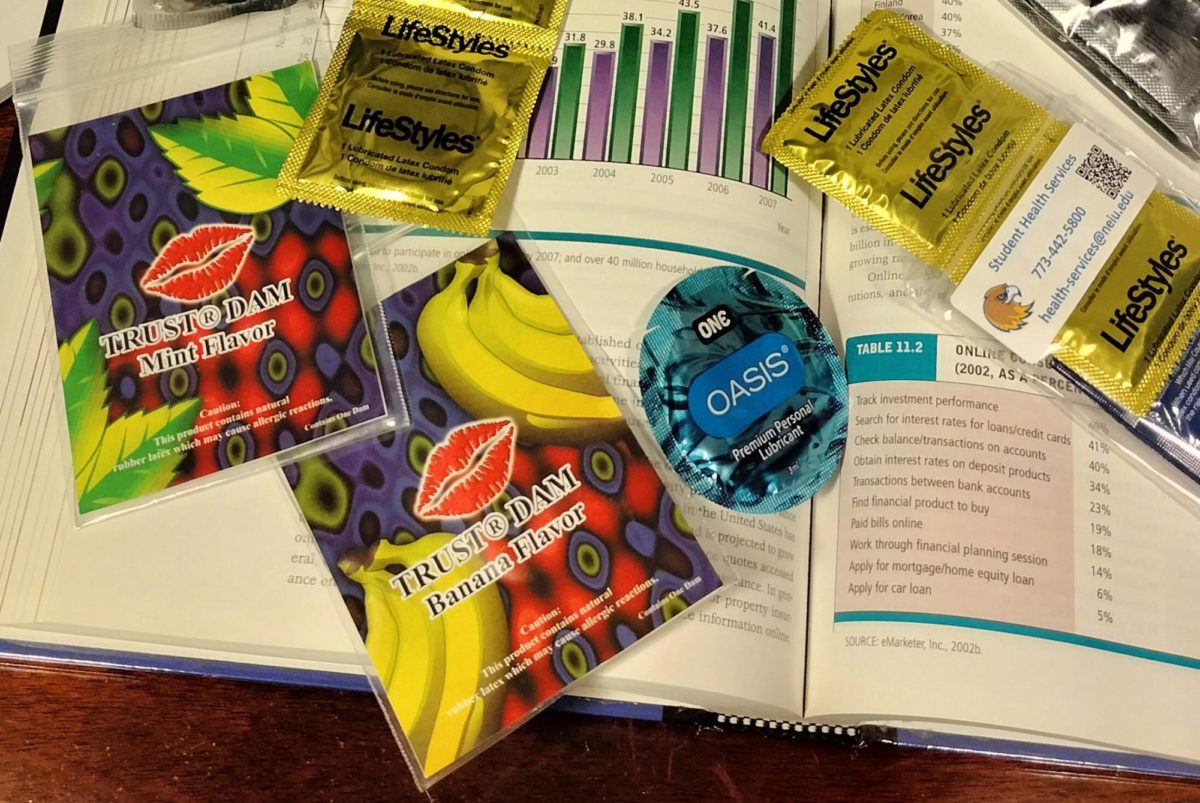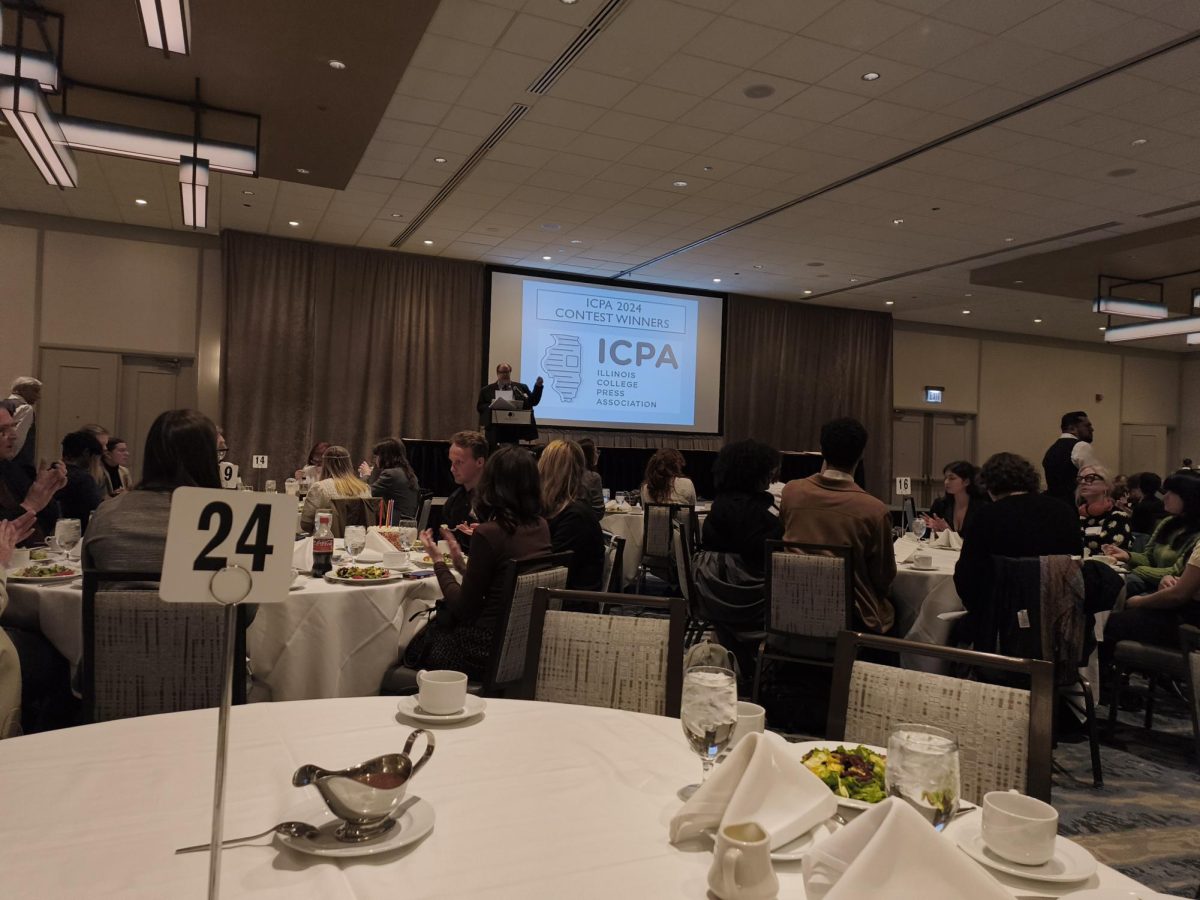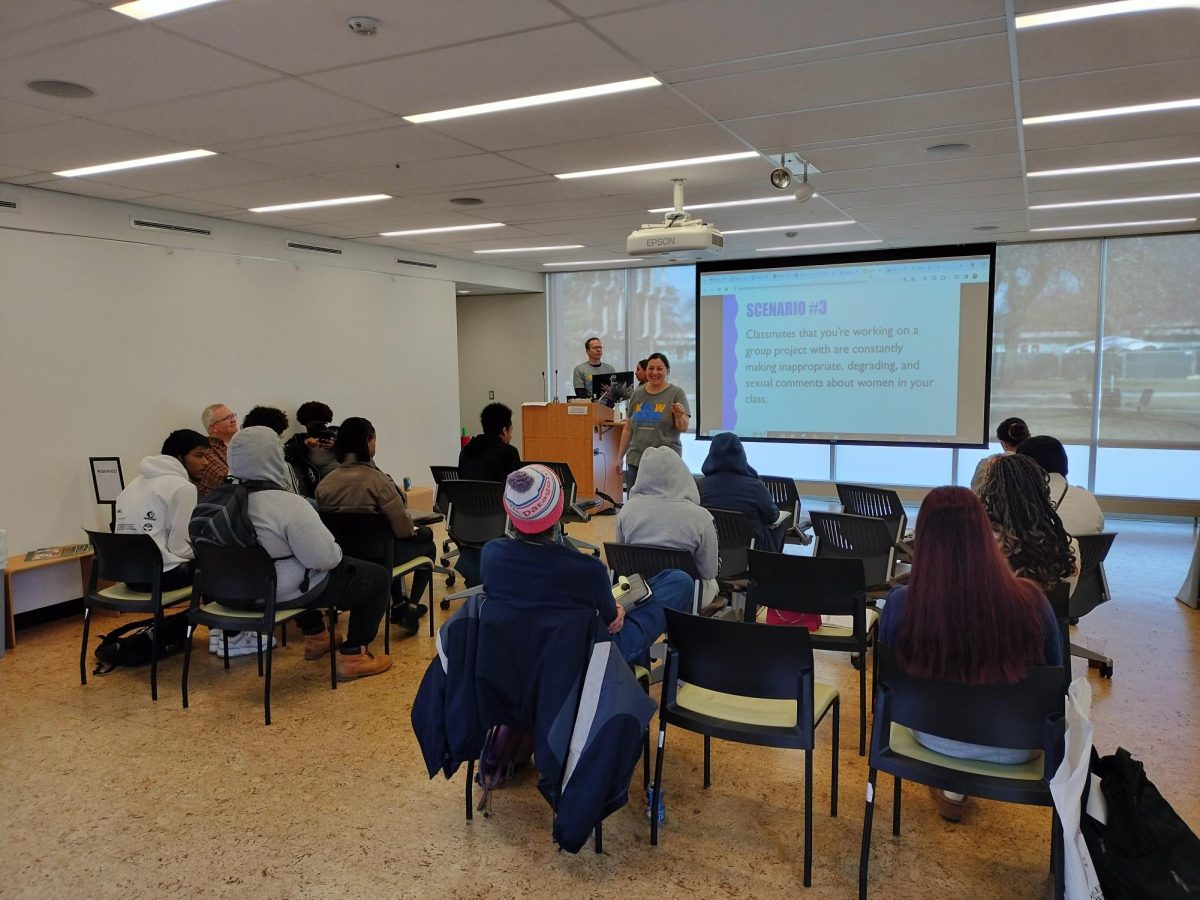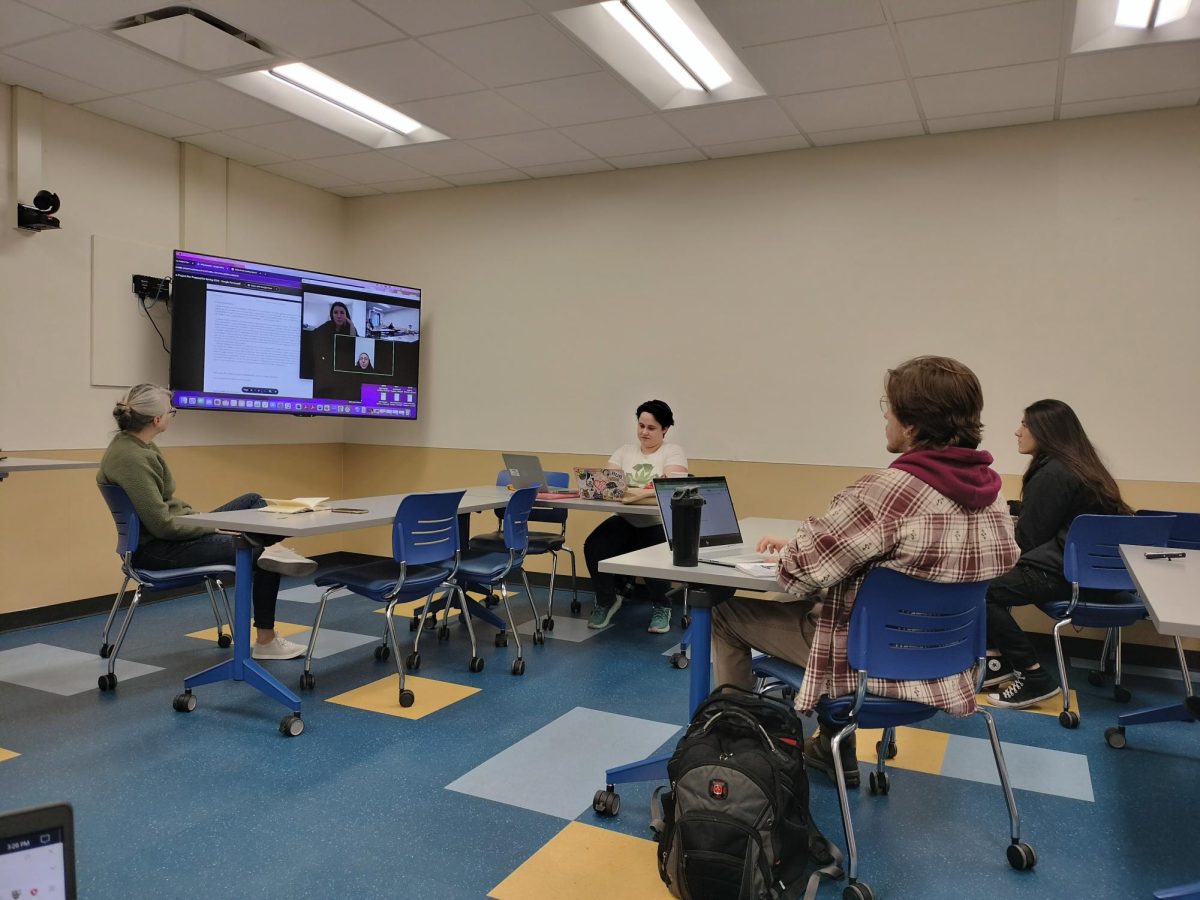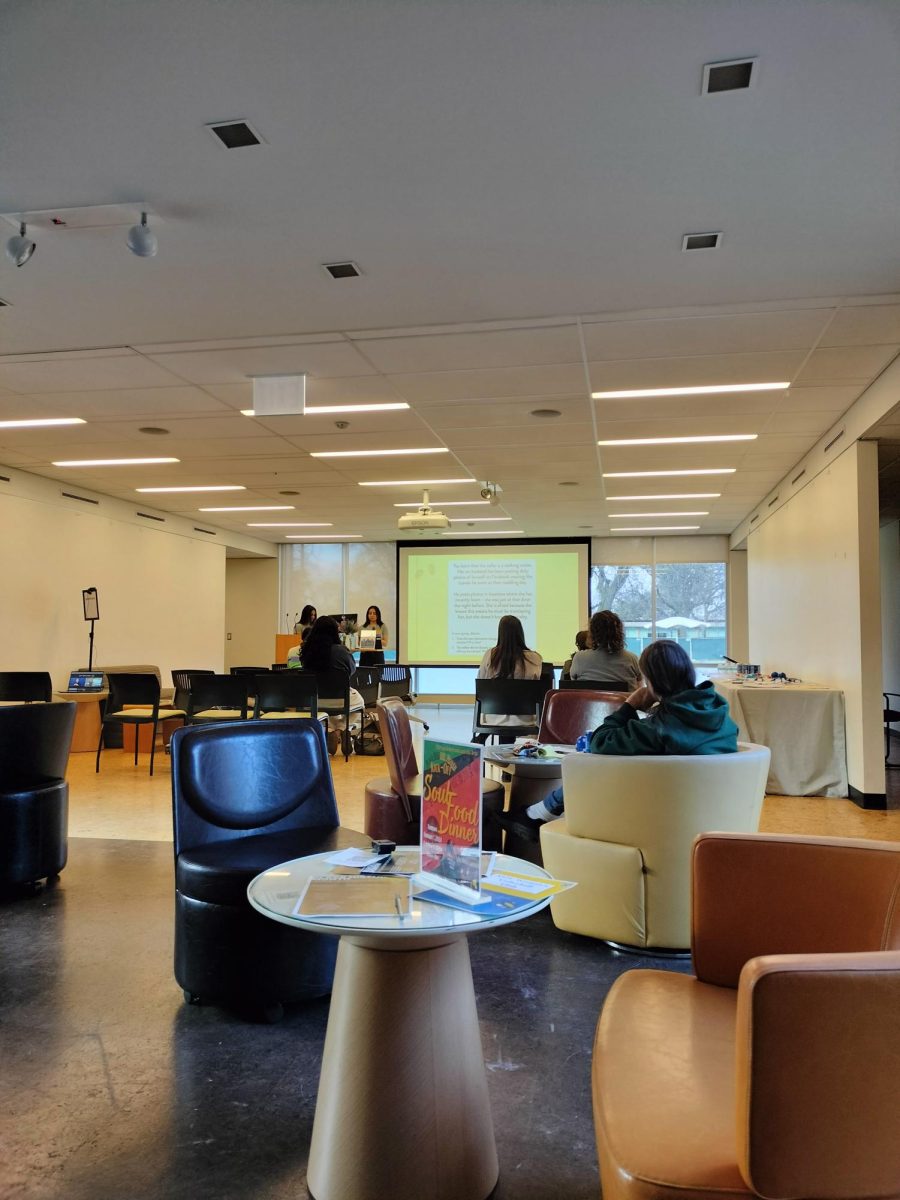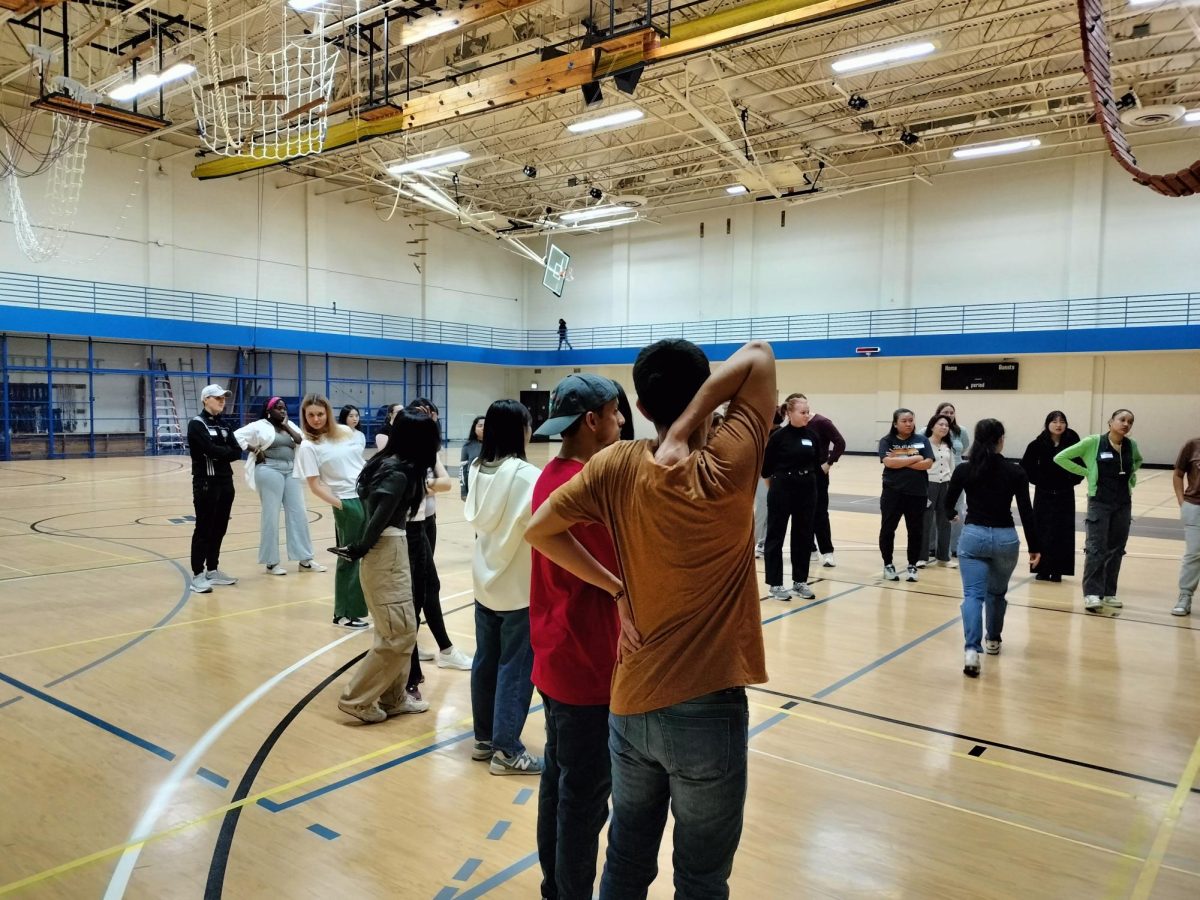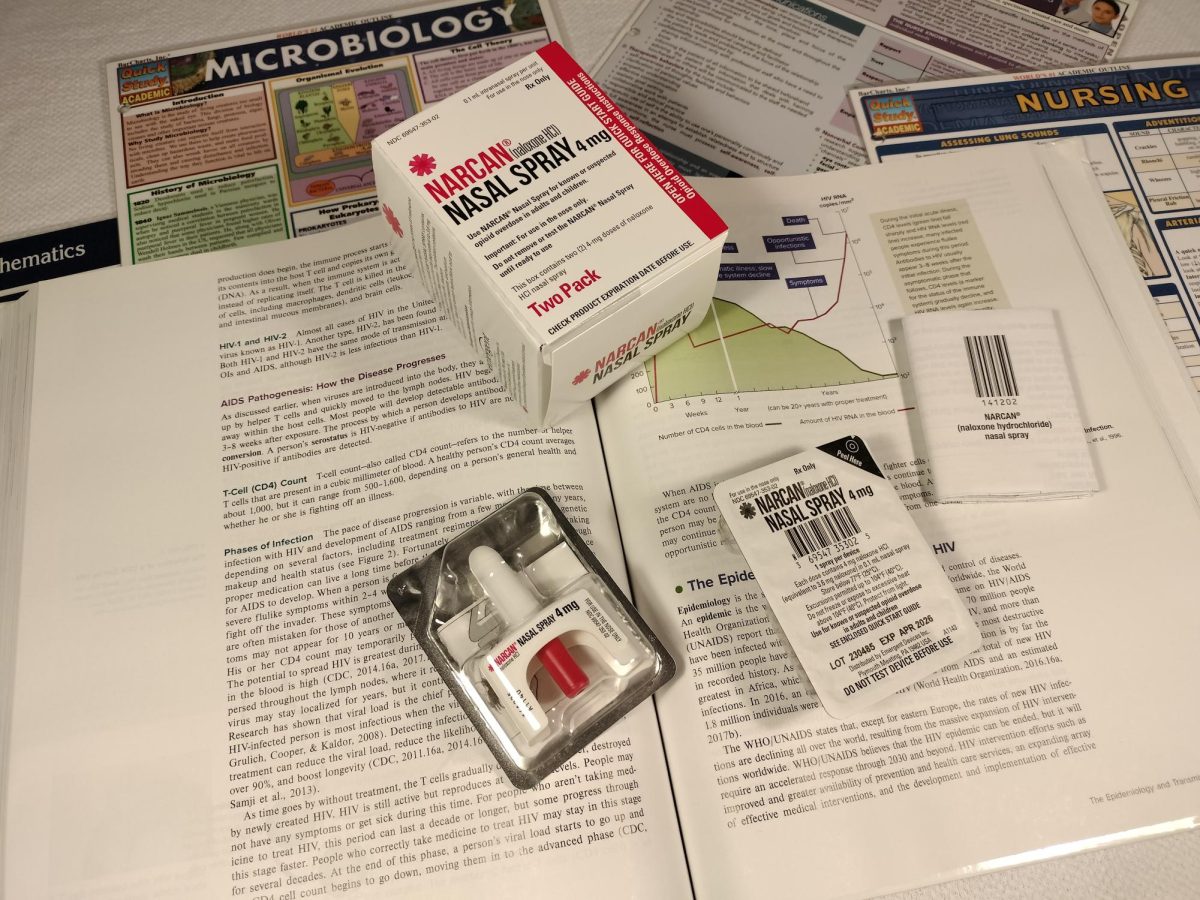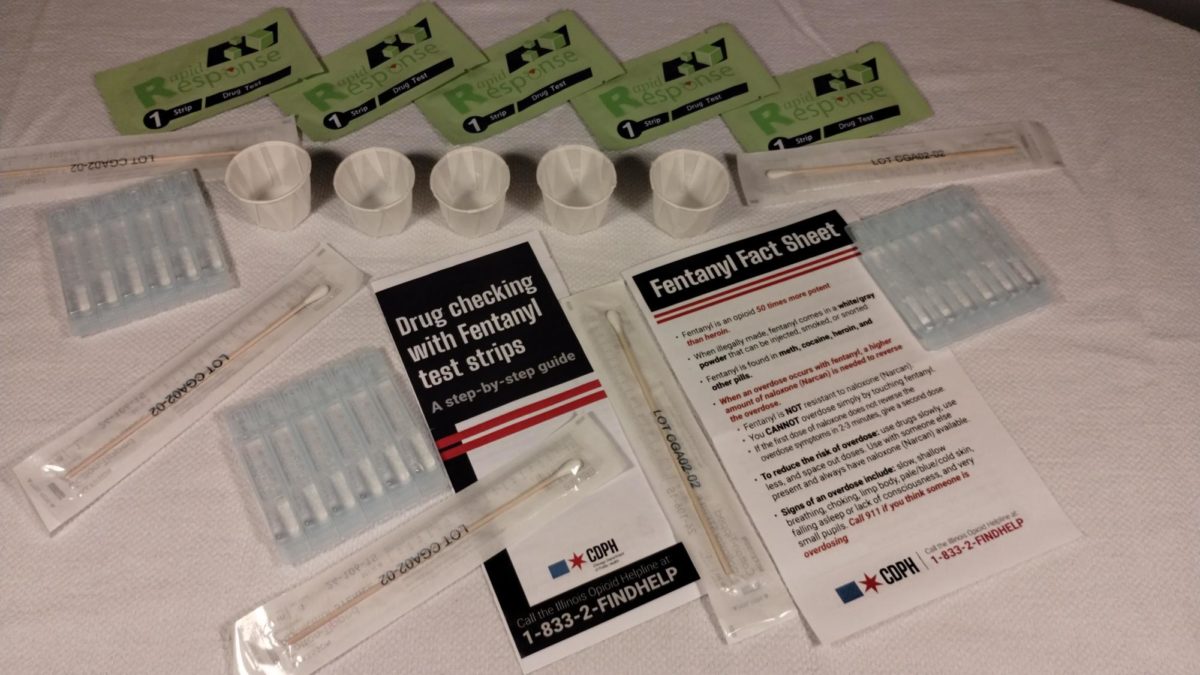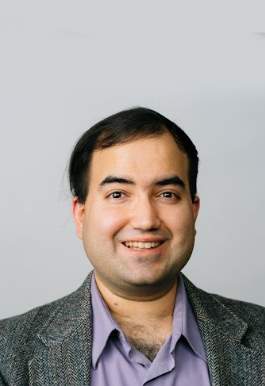In an era marked by evolving perspectives on reproductive health and well-being, NEIU’s Student Health Services (SHS) stands at the forefront of promoting comprehensive sexual health advocacy and awareness. Through a range of services, resources and a dedication to inclusivity, SHS is empowering students to take charge of their reproductive health journey, ensuring their physical, emotional and mental well-being. Some specific items to aid a student’s sexual health include sexually transmitted infections (STI) screenings, birth control, morning-after pills, pregnancy tests, male and female condoms, lubricant, dental dams and cock rings.
At the heart of SHS’s sexual health advocacy efforts is Aidon Perera, Health Education Coordinator, who is a driving force behind the NEIU’s commitment to breaking down barriers and fostering a safe environment for students. As Perera elaborates, “Our approach is that sexual health and contraception are very individual, but it is not just limited to each of the cultures or identities. So whoever comes in, we will respect who they are.”
One key aspect of SHS’s advocacy efforts is the range of services available to students. With a dedicated women’s health nurse and a staff of nurses, SHS offers students a welcoming space to address their reproductive health needs. From discussing contraception options to providing counseling and recommendations, all available healthcare professionals ensure that each student’s unique circumstances are taken into account.
Confidentiality lies at the core of SHS’s approach, allowing students to seek assistance without fear of repercussions. Perera underscores this commitment, stating, “The confidentiality piece has always been a barrier, and it’s going to keep being a barrier, but we’re all still learning and studying, and we’re going to find ways around it” from being a barrier because “there’s a lot of stigma around sex and sexual health.”
The stigma puts students in difficult positions to avoid seeking help, and Perera said, “the biggest barrier is students don’t want to have that conversation until it’s too late, and they [desperately] need the help.” Perera conducts outreach and education for the students, however, since most of NEIU’s students are commuters, he admitted to missing a good amount of the student body from acknowledging the campus’s sexual health services.
Nevertheless, SHS’s diverse and empathetic team of nurses, therapists and confidential advisors further enhance this safe space, by continuously enabling students to openly discuss sensitive topics related to their sexual health statuses. When students come and use SHS for their sexual health needs, Perera stated the students’ “parents won’t know [and students] don’t need insurance,” and if the students have health insurance, “it won’t appear in your insurance.” This is a part of SHS’s strict confidentiality policies, which fall under HIPAA guidelines, according to Perera.
NEIU’s dedication to inclusivity is evident not only in its services but also in its provision of resources for all genders. For instance, Perera stated that the all-gender restrooms on campus contain tampon dispensers for free-of-charge tampons. While women’s health remains a priority due to complex biological processes, SHS ensures that male students receive comprehensive sexual health education and resources, including free condoms and consultations with a male nurse who addresses questions about safe sex practices and sexual health inquiries.
Innovation plays a crucial role in SHS’s advocacy efforts. Exploring avenues to enhance accessibility, SHS is considering more options for distributing sexual health products. Essential reproductive care products like condoms, morning-after pills and pregnancy tests will continue to be provided in a convenient and affordable way to any student. Discretion and confidentiality will remain the top priorities to ensure that students will not feel shame, guilt or stigmatized by using reproductive products.
The intersection of sexual health and educational awareness is another cornerstone of SHS’s advocacy approach. Perera hopes to do collaborations with NEIU’s the Independent to offer opportunities to spread awareness and promote access to resources. Perera envisions partnerships that highlight the importance of sexual health, with ideas such as survey sections, anonymized data sharing, case number reporting and statistics on student preferences in the Independent. After students read the data in the newspaper, Perera hopes that students begin thinking, “Oh, [case numbers are] going up here in my community, maybe I will wear a condom next time.”
SHS’s commitment to data-driven strategies is also evident in its focus on collecting and analyzing information related to STI rates on campus and bringing those rates down. While this data remains underutilized due to resource constraints, Perera recognizes its potential in shaping targeted programs and interventions to improve students’ health and well-being.
In the spirit of empowerment, Perera is working to expand the role of student health ambassadors in a new program. These ambassadors have the opportunity to advocate for their peers, foster resource navigation, remove the stigma associated with sexual health and strengthen SHS’s commitment to sexual health advocacy.
As NEIU’s SHS continues to pave the way for sexual health care and education, the message is clear: seeking assistance and guidance is a confidential and empowering choice. Perera encourages hesitant students, stating, “First of all, it’s entirely confidential, we don’t ask why you’re coming in here, until you are in front of a nurse, and they’re ready to help you.”
SHS’s sexual health advocacy journey reflects a commitment to supporting students’ well-being in all its dimensions, while zooming into the most stigmatized one: sexual health. By empowering students to take proactive steps towards their sexual well-being, SHS is creating a culture of openness, awareness and inclusivity that extends beyond the campus and into the wider community.
Disclaimer: This article is based on information provided in an interview that The Independent’s reporter conducted with Aidon Perera, Health Education Coordinator, on August 1, 2023. The statements and quotes attributed to the interviewee accurately represent their views as of that date.



